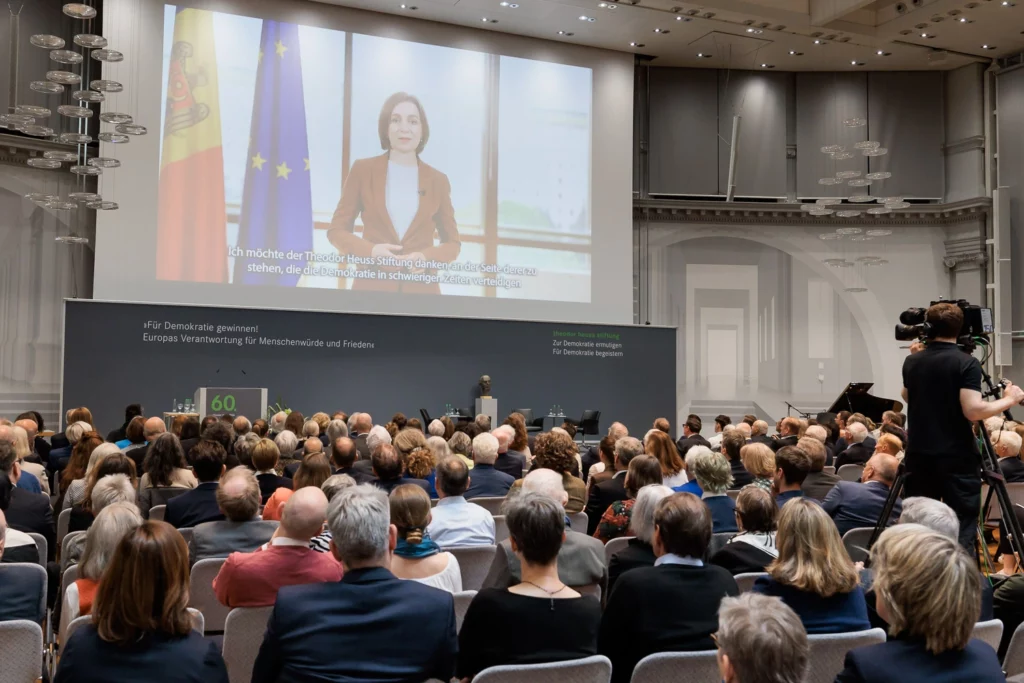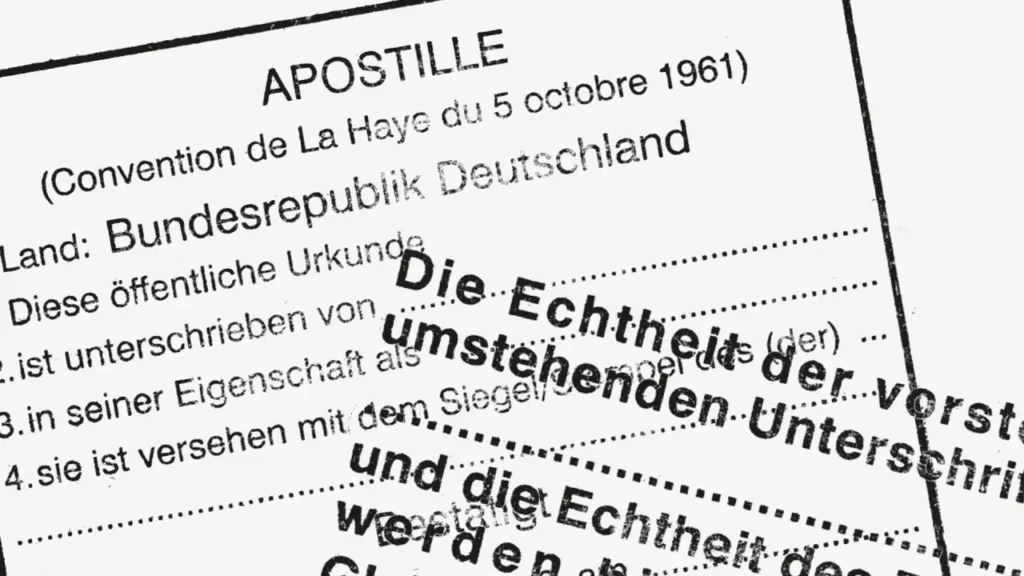
Comparison with actual inflation
The German government plans to adjust the Judicial Remuneration and Compensation Act (JVEG) in 2025. Originally, the new rates were to come into force as early as January 1, 2025, but this date has been delayed. As part of this adjustment, the fees for interpreters are to be increased from €85 to €93, which corresponds to an increase of 9.41% within four years. This corresponds to an average annual increase of 2.35%.
The actual inflation in Germany over the same period was on average around 4.74% per year, which corresponds to a total inflation of around 18.94% in four years. This means that the purchasing power of money has fallen by 18.94% during this period. In other words, in 2025 you can afford around 18.94% less for the same amount than in 2021.
This discrepancy shows that the planned adjustment is insufficient to compensate for the real loss in value of money. Since interpreters and translators are often self-employed and have to bear high financial burdens such as social security contributions and operating costs anyway, this inadequate increase has a particularly strong impact on their economic situation.
Adjustment of line rates for translators
In addition to the increase in hourly rates for interpreters, the adjustment also provides for an increase in rates per line for translations. Depending on the level of difficulty, the remuneration per standard line is to be increased from € 1.80 to € 1.95, from € 1.95 to €2.15, from € 2.10 to € 2.30.This adjustment also corresponds to an increase of around 9 %.
Impact on the industry
Many translators and interpreters are already facing increasing competition from machine translations and falling compensation. The adjustment of the JVEG is therefore an opportunity for many to demand adequate compensation for their demanding work. However, the increase now planned is not enough to keep pace with general inflation.
Furthermore, there is a risk that the partial compensation of inflation will result in fewer qualified specialists remaining in the industry. Junior translators and interpreters could increasingly decide against this profession if the financial prospects remain unattractive. In the long term, this would lead to a shortage of skilled professionals, which in turn could affect the quality of translation and interpreting services.
What professional associations demand
Various professional associations and interest groups of interpreters and translators are calling for a realistic adjustment of the remuneration rates that corresponds to actual inflation. This would not only provide an appropriate compensation for inflation, but would also increase the attractiveness of the profession. For many, the increase proposed by the government is merely a symbolic measure that does not significantly improve their financial situation.
The planned adjustment of the rates of remuneration in the JVEG does not adequately compensate for the increased cost of living. In order to maintain the purchasing power of translators and interpreters, an adjustment in line with actual inflation would be necessary. Otherwise, the industry faces an increasing economic burden, which could jeopardize the quality and availability of professional language services in the long term.
The coming months will show whether the federal government addresses the concerns of those affected or whether the adjustment will be implemented in its current form despite the obvious shortcomings. It remains to be seen whether the concerns of interpreters and translators will be taken seriously and whether they will receive fair compensation for their essential work.

Push the Future

Small Businesses and Invoices

Vegan Language – It’s all about the Bratvurst

Accessible Texts – Leichte Sprache from a Translator’s Perspective

Between Deadlines and Diplomacy


Why localization is more than translation

60th Theodor Heuss Prize


The invisible danger: digital translation fraud

Planned revision of the JVEG

Freelancer visa in the UAE

Emigration to Dubai

Cuts and restrictions – Interpreters and Translators in Crisis

Building bridges at the Wilhelm Bock Prize

Funding Programs for Language Mediators in Healthcare

Inclusion in Education: ReSartus Enables International Exchange

The Future of Remote Interpreting – Virtual Conferences


Industry-specific challenges in the translation industry

The Role of AI in the Translation Industry

Hiiios – The video interpreting service by ReSartus

Emigrating from Germany

ReSartus supports the 43rd Erlangen Poetry Festival

Preparations for the COP 28 World Climate Conference

Push the Future

Small Businesses and Invoices

